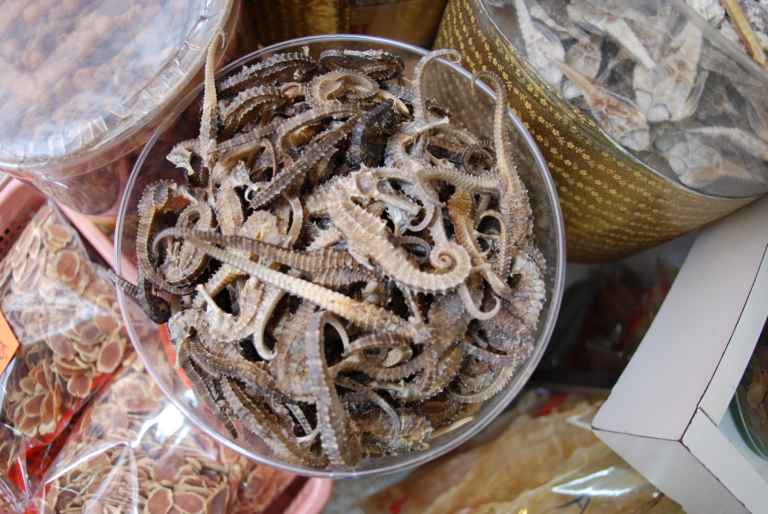Warmer Earth could see smaller butterflies that struggle to fly, affecting food systems
New UBC research has shown warmer temperatures can lead to smaller butterflies that collect less pollen and visit fewer flowers.
New UBC research has shown warmer temperatures can lead to smaller butterflies that collect less pollen and visit fewer flowers.
Warmer temps = smaller wings
Dr. Michelle Tseng and recent graduate Erez Büyükyilmaz grew butterflies in the lab at different temperatures and found that the warmer the temperature, the smaller the butterfly, mimicking how increasing global temperatures due to climate change might affect the size of the insects. Then, using special equipment, they found smaller butterflies did not fly as far or as fast as the bigger ones, due to their smaller wings.
Smaller wings = less flying distance
The researchers then collected 100 butterflies in the wild and measured their size and the amount of pollen on their faces. They found that the butterflies equivalent in size to those grown in the lab accumulated less pollen and visited fewer plants.
Less flying distance = less pollen collection
Butterflies are important pollinators, with insect pollinators needed for 75 per cent of the world’s crops, says Dr. Tseng. If butterflies around the world are decreasing in size because of climate change, this could have serious repercussions for our food systems.
Images and b-roll available for media: www.bit.ly/Butterfliesclimate
Interview language(s): English (Tseng)



